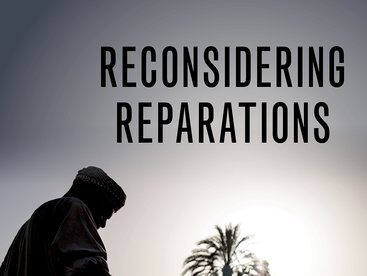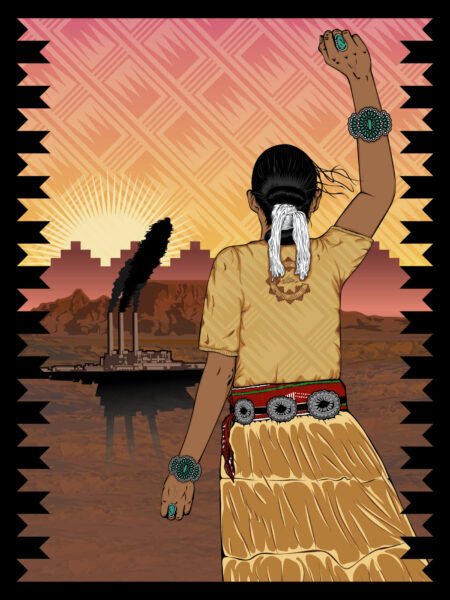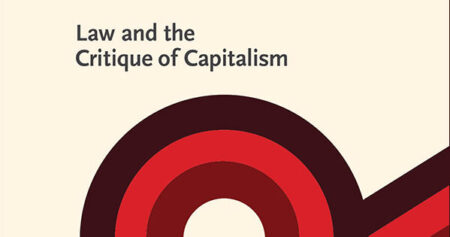
Marxism and China’s Effort to Build “Foreign-Related Rule of Law”
Given its history, China is acutely aware of the hypocrisy of powerful countries speaking in the language of international law. Over the past two years, however, the so-called “foreign-related rule of law” (涉外法治) has gained enormous influence in Chinese official and academic discourse. While this turn is motivated, in part, by the China-U.S. rivalry, to fully understand the importance of this development, we must begin with a more basic question: why does a geopolitical power need law in the first place? And what kind of LPE-inspired approach is best suited to address this question?







